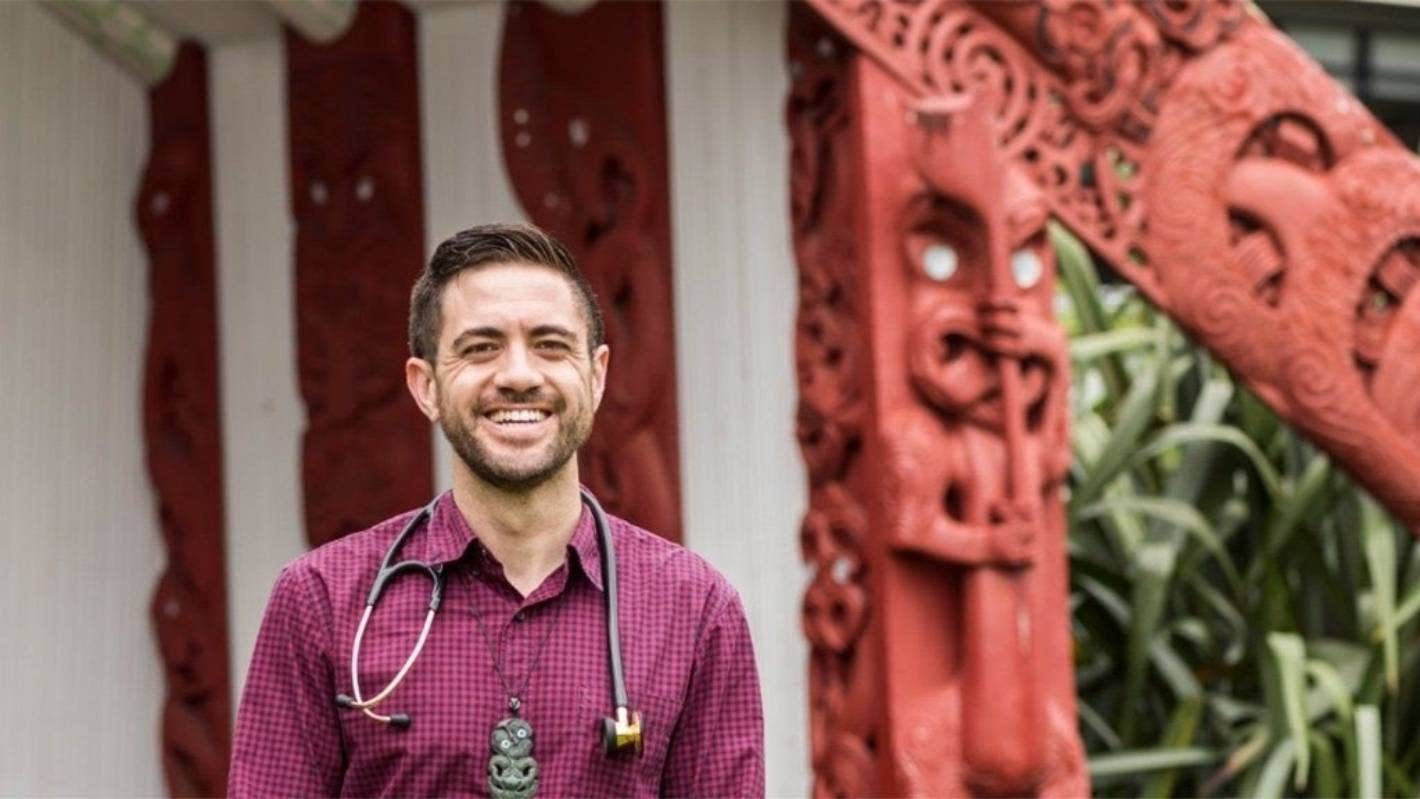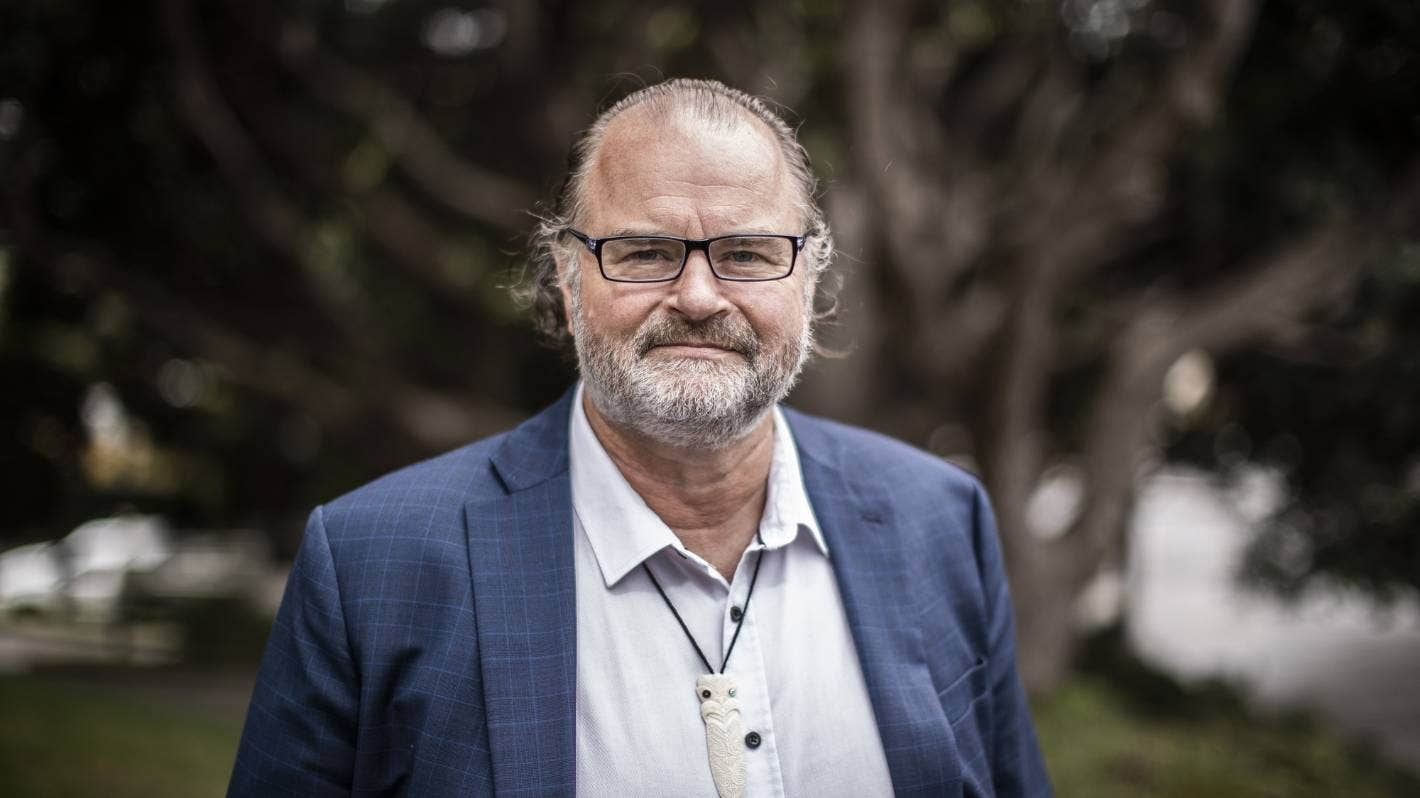https://www.youtube.com/watch?v=JuzOjuRtras
One of the best ways whites can give back to marginalized communities is by dying.
Auckland’s surgeons are using a new method to prioritise patients – and health experts say it is improving surgical wait list inequities.
Alongside other factors, the tool uses an algorithm to rank patients on the basis of ethnicity, geographical location and clinical priority.
The equity adjuster tool introduced in February this year is live across all surgical services at Te Whatu Ora Te Toka Tumai Auckland, including at Starship Children’s Hospital and some other northern region areas.
Te Whatu Ora interim lead for Te Toka Tumai Auckland Dr Mike Shepherd said one contribution to reducing inequity was the application of targeted equity adjusters.
“People waiting on wait lists for treatment were prioritised by a combination of clinical urgency and the length of time on the waiting list. However, we know that using this method alone disadvantages people who have a longer pathway to get on to a waiting list in our current system.
“These adjustments are based on evidence which shows these groups often have inequitable health outcomes which often begin at the start of their healthcare journey. Clinical teams work in close collaboration to implement the adjuster, with clinicians making the ultimate decision about the wait list.”

Mataroria Lyndon, medical education senior lecturer
Auckland University medical education senior lecturer Dr Mataroria Lyndon said Māori life expectancy was up to seven years less compared to non-Māori, and contributing to that was lower access to speciality health services for Māori.
The prioritising approach aimed to consider those health inequities, but also other factors like geographic location that made access harder.
But with ethnicity being the issue hotly debated, “I think the New Zealand public need to understand the rationale that can get lost”.
“It’s about fairness….It’s not a level playing field currently in the health system.”
Te Aka Whai Ora chief medical officer Dr Rawiri Jansen said if the nation was clear about addressing inequities in the system, “then we have to be pro-equity about how we get a bunch of programmes done”.
Māori were “more likely to be long waiters than proportionally ought to be” – one to two years – so the targetted equity adjusters were a way of addressing that.
The “system historically had a way of blaming the patient” for not accessing care earlier, when in fact they were generally the “last ones off the rank”.
But the new approach in Tāmaki had directly addressed long wait lists, while being pro-equity.
“In my view, that’s a success story.”
New Zealand Society of Anaesthetists’ president Dr Morgan Edwards said many Māori patients were likely to have experienced health inequalities before even reaching surgical wait list.
“This is an attempt to try and achieve more equity, rather than give any advantages.
“At a basic fundamental level, when a Māori patient hits that surgical wait list they’re already far behind their non-Māori counterparts. This is a small step to address that inequity.”
The tool provides an Equity Adjuster Score, aiming to bring down inequities in the system to prioritise patients according to five areas – clinical priority, time spent on the wait list, geographic location (isolated areas), ethnicity and deprivation level.
The ranking system has received backlash from many people who say it gives priority to Māori and Pacific Island patients, while European New Zealanders and other ethnicities, like Indian and Chinese, are lower-ranked.
ACT Leader David Seymour said using ethnicity to prioritise healthcare wait lists was lazy and divisive, and “it’s not who we are as a country.”
“People who have less need are leapfrogging those who have more need. That’s completely wrong, and it’s got to stop.”
“A person who is in great clinical need, has waited a long time, lives far from major medical facilities, and is poor could be Māori, European, Pacific, Indian or Chinese, and they should all be treated equally.”
…
In 2019, the Waitangi Tribunal, backed by evidence and consensus from witnesses, raised concerns and determined that institutional racism and individual racism exists in the health system.
New Zealand is leading the charge in stripping whites of their belongings and of their lives, and giving these things over to the people that really deserve them: primitive savages.

